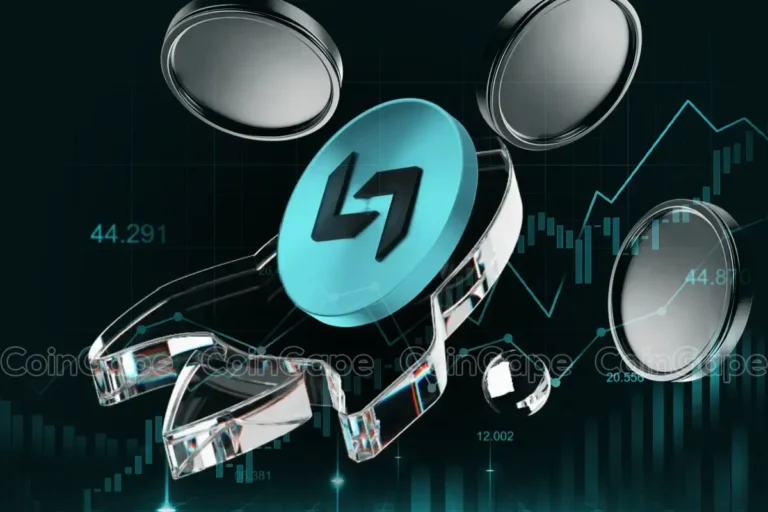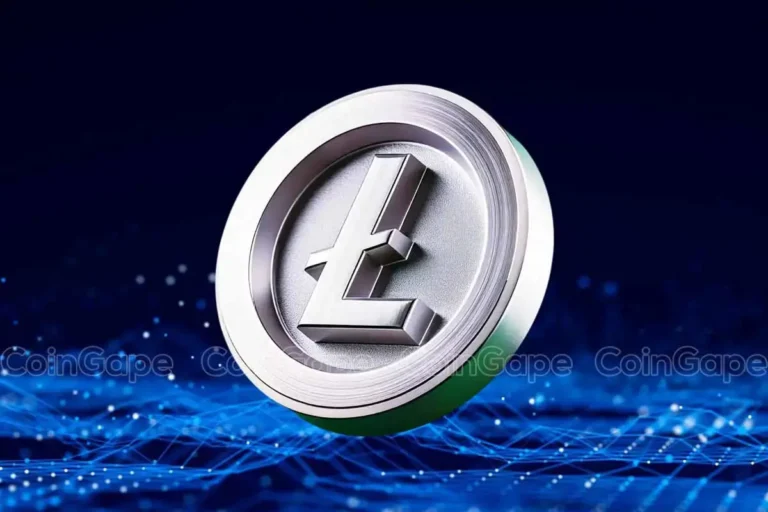Soulbound Tokens 101: The Ultimate Solution for Digital Asset Security and Control

- Soulbound Tokens are Identity-Linked Non-Transferable Tokens (NFTs) that are bound to you.
- With the emergence of SBTs, the average person is in control of their data, which is in line with blockchain’s goal to give people control over their data.
Soulbound tokens (SBTs) are digital identity tokens that represent the qualities, traits, and accomplishments of a person or entity. Because it is based on blockchain technology, it promotes the use of NFTs. Although NFTs cannot be duplicated or falsified, they can be sold or transferred. A unique identification code connects them to a blockchain. However, when an NFT is created to serve as a Soulbound token, it can never leave your Soul. The Soul in this case refers to your personal wallet. SBTs seek to expand the concept of NFTs beyond cash and bragging rights by providing an exclusive, non-transferable token.
Because they are linked to your identity, Soulbound Tokens are Non-Transferable Tokens (NFTs). A blockchain network that is connected to the stores the unique identifying information of a person or entity, including personal data and histories such as age, qualification, education, health records, and professional accomplishments.
History of Soulbound Tokens
The Soulbound tokens were first mentioned in a blog post by Vitalik Buterin, the co-founder of Ethereum, in January 2022. He discussed potent “Soulbound items” from the well-known fantasy game World of Warcraft in the article. These items stand out because once they are acquired, they cannot be traded or sold to another player. He asserted that NFTs in their current form share many of the traits of epic and rare items in a massively multiplayer online game.
How do Soulbound tokens work?
Even though there aren’t any official Soulbound token specifications yet, it is possible to summarize how SBT works from the whitepaper written by Vitalik and his team. One of the main features that set SBTs apart is their non-transferability. Soulbound tokens, unlike current NFTs and token standards like the fungible ERC-20 or the non-fungible ERC-721, are not intended to have a market value and as such cannot be sold or transferred to another wallet. This is a result of their connection to the Souls. Then, what exactly are “Souls”?
SBTs are generated by accounts referred to as Souls and stored there. Souls have SBTs, which are used to establish reputation and provenance. As was already mentioned, souls can represent particular people, teams, companies, or other types of entities. A person may have more than one soul in a decentralized society because souls are not thought to be a 1:1 representation of humans (DeSoc).
Uses for SoulBound Tokens
1. Education History
In esteemed organizations like education, it is accepted as proof. Once they graduate, students can find their individual certificates in the school’s Soul Wallet. The student’s credentials would be in the possession of the SBT, confirming its legitimacy. According to this concept, SBTs contain personal data, individual achievements, and employment credentials. As a result, it can also be used as a digital resume for candidates seeking employment or current employees looking for better opportunities.
2. Applicants for jobs
SBTs can be used to keep track of professional credentials and employment history. But that is comparable to how they are employed in the educational setting. SBTs, which detail a person’s past employment, projects they’ve worked on, accomplishments, and other data, can be given to employees by their employers for them to use in interviews or when looking for new employment. In this case, SBTs will act as certificates of skill proof.
3. Health Records
Having a medical record as an SBT makes it possible to change doctors or apply for insurance more quickly. It lessens the awkwardness associated with having to prove one’s identity, provide medical records, and detail one’s medical history when switching doctors.
Uses for SoulBound Tokens in Web 3
1. NFT trading
Bad actors who use well-known artists’ names incorrectly to trick customers into buying NFT collections can be weeded out by SBTs. So, how does this work? Genuine NFT artists are able to link their Soul and NFT collection to SBT. NFT collectors can then draw comparisons between the SBT of the collection and the Soul of the artist. If the SBT matches, buyers may buy the NFT; if not, it might be found to be a fake NFT. Therefore, SBTs assist in establishing the reliability of an NFT collection.
2. Governance
Defi protocol early adopters are rewarded with airdrop tokens for their belief in and support of the project. Voting rights are represented by these tokens. But as things stand, any wealthy person or group can buy these tokens from the early adopters and influence voting rights without having to earn them. People who are prepared to spend a lot of cash to influence elections frequently stand to gain directly from their ability to do so. Early adopters can be confident that user control will remain intact. Who genuinely cares about the protocol, though, given that they are receiving non-transferable Soulbound tokens?
SoulBound Tokens’ Limitations
Based on Buterin and his co-submission, the writer’s issues like key loss have been questioned. If users can’t access their original wallet and the SBTs inside can’t be moved to another wallet, will they “lose their soul” forever? Furthermore, using SoulBound Tokens raises significant security concerns due to the sensitive nature of the data stored there.
In a previous demonstration, Buterin and his team showed that SBTs have a recovery mechanism built to make sure that kegs can be recovered through a specific “guardian” chosen by the keyholder. In the latter scenario, they assert that the SBTs are user-controlled and may be made public or private. As a result, it is easier to stop online user and data exploitation.
Are there any Soulbound tokens?
SBTs are currently only in the conceptual phase. By the end of 2022, according to Glen Weyl, a co-author of the original SBT whitepaper, there will already be some early SBT use cases.
Binance became the market leader in SBT deployment on September 8, 2022, with the release of Binance Account Bound (BAB), the first SBT to be released on the BNB Chain. BAB aims to address identity verification issues in Web3 by serving as a digital verification tool for Binance users who have finished KYC. It cannot be transferred and has no monetary value.
The future of Soulbound tokens
Instead of just storing value, blockchain aims to give common people control over their data and how it is used. The development of SBTs has given the common person control over their data, allowing them to decide how to manage it and who can access it. Although it might seem unimportant, this is a vast improvement over the centralized data storage model that is currently accepted. In order to achieve true decentralization, SBTs are the obvious next step for blockchain technology.















+ There are no comments
Add yours